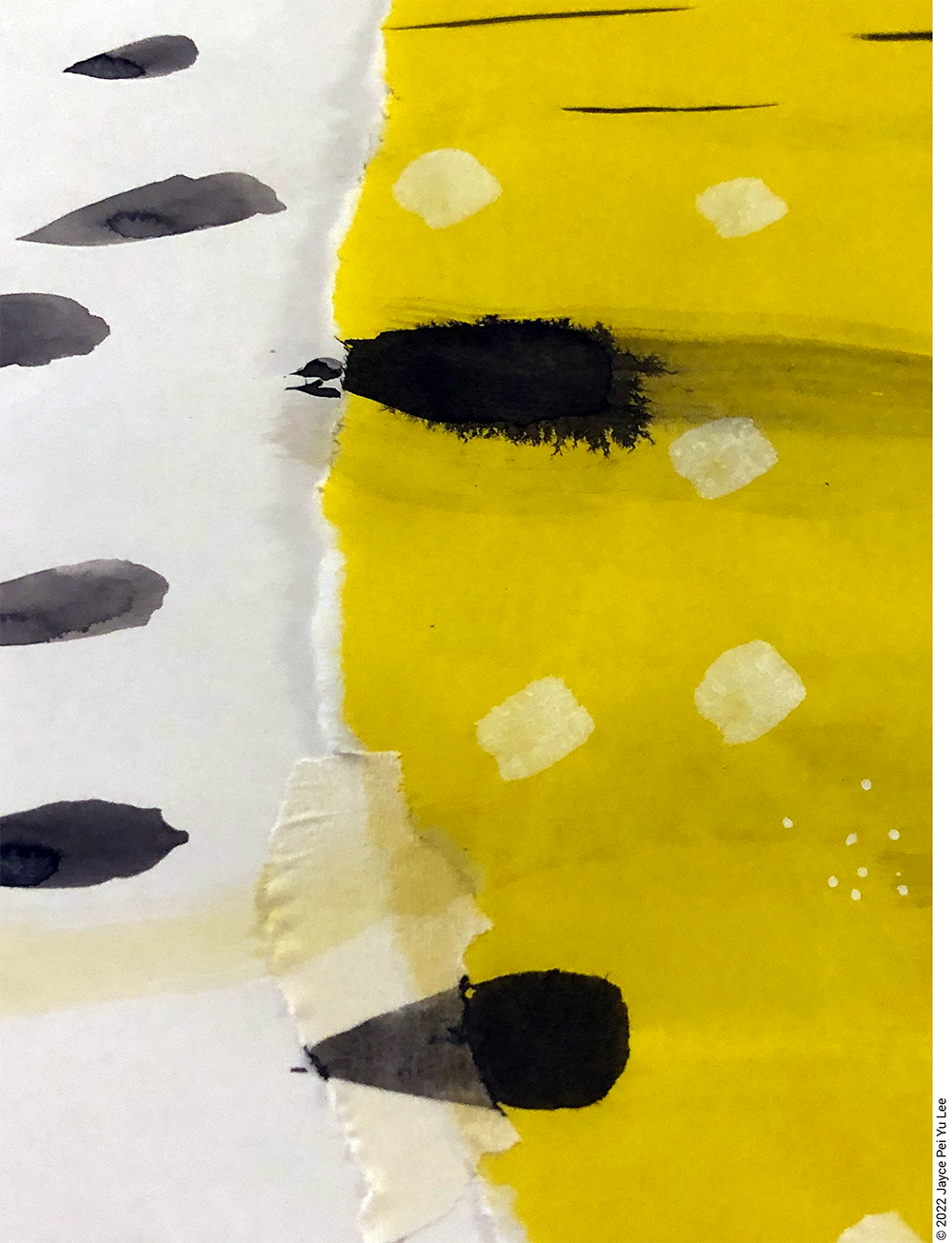The MAPA Social Innovation Lab
Working at the Intersection of Theory U and Freirean Pedagogy
DOI:
https://doi.org/10.47061/jabsc.v2i1.3379Keywords:
Otto Scharmer, Paolo Freire, awareness-based social change, social transformation, consciousness, gender equalityAbstract
The purpose of this commentary is to invigorate the theoretical approach used by the MAPA Social Innovation Lab in its effort to elaborate a gender equality narrative for the 21st century. To this end, I examined the intersection of Otto Scharmer's Theory U with the main postulates of Paulo Freire's critical pedagogical method, as reflected in the MAPA Social Innovation Lab process. The discussion passes through three axes: the construction of collective consciousness, the role of culture, and the theory-praxis dilemma for social transformation. I make the case that Scharmer (Thoery U) and Freire agree that the search for authentic or generative consciousness is an indispensable step in the reshaping of society. Freire offers a comprehensive methodology for the understanding of culture and social transformation which can been seen as complementary to Scharmer's co-sensing. Taken together they address the issue of "historical viability". The aim of these reflections on the intersection of Theory U and Freire is that they will nurture MAPA´s—and other social innovation labs'—action research, political activism, and praxis towards a vigorous gender narrative for the 21st century.References
Bourdieu, P. (1998). La dominación masculina [Masculine Dominance]. Anagrana.
Freire, P. (1976). La educación como practica de la libertad (17th ed.) [Education as the practice of freedom]. Editorial Siglo XXI.
Freire, P. (1977). Pedagogía del oprimido (16th ed.) [Pedagogy of the oppressed]. Edición Siglo XXI.
Freire, P. (1983). INEA, Cuadernos educación de adultos # 2 [INEA, Adult education workbook # 2]. Instituto Nacional de Educación de Adultos, México.
Freire, P. (1986). Cartas a Guinea-Bissau. Apuntes de una experiencia pedagógica en proceso (7th ed.) [Letters to Guinea Bissau. Notes about a pedagogical experience in process]. Siglo XXI.
Lewin, K., & Lewin, G. W. (Eds.) (1948). Resolving social conflicts: selected papers on group dynamics (1935–1946). Harper and Brothers.
Lerner, G. (1986). Women in history, volume 1. The creation of patriarchy. Oxford University Press.
McKenna, B. (2013). Paulo Freire’s blunt challenge to anthropology: Create a pedagogy of the oppressed for your times. Critique of anthropology, 33(4), 447-475. https://doi.org/10.1177/0308275X13499383
Sbardelini R., Almeida, D., & Moreira Ramos, L. (2022). MAPA: Co Creating New Narratives for the 21st Century. Journal of Awareness-Based Systems Change, 2(1), 101-118. https://doi.org/10.47061/jabsc.v2i1.2727
Scharmer, O. (2018). The essentials of Theory U Core principles and applications. Berrett-Koehler Publishers.
Scharmer, O. (2016). Theory U: Leading from the future as it emerges (2nd. Ed.). Berrett-Koehler Publishers.
Torres Novoa, Carlos. (1979). Pauo Freire en Americal Latina [Paulo Freire in Latin America]. Ediciones Gernika.
Downloads
Published
How to Cite
Issue
Section
License
Copyright (c) 2022 jose Romero

This work is licensed under a Creative Commons Attribution 4.0 International License.


